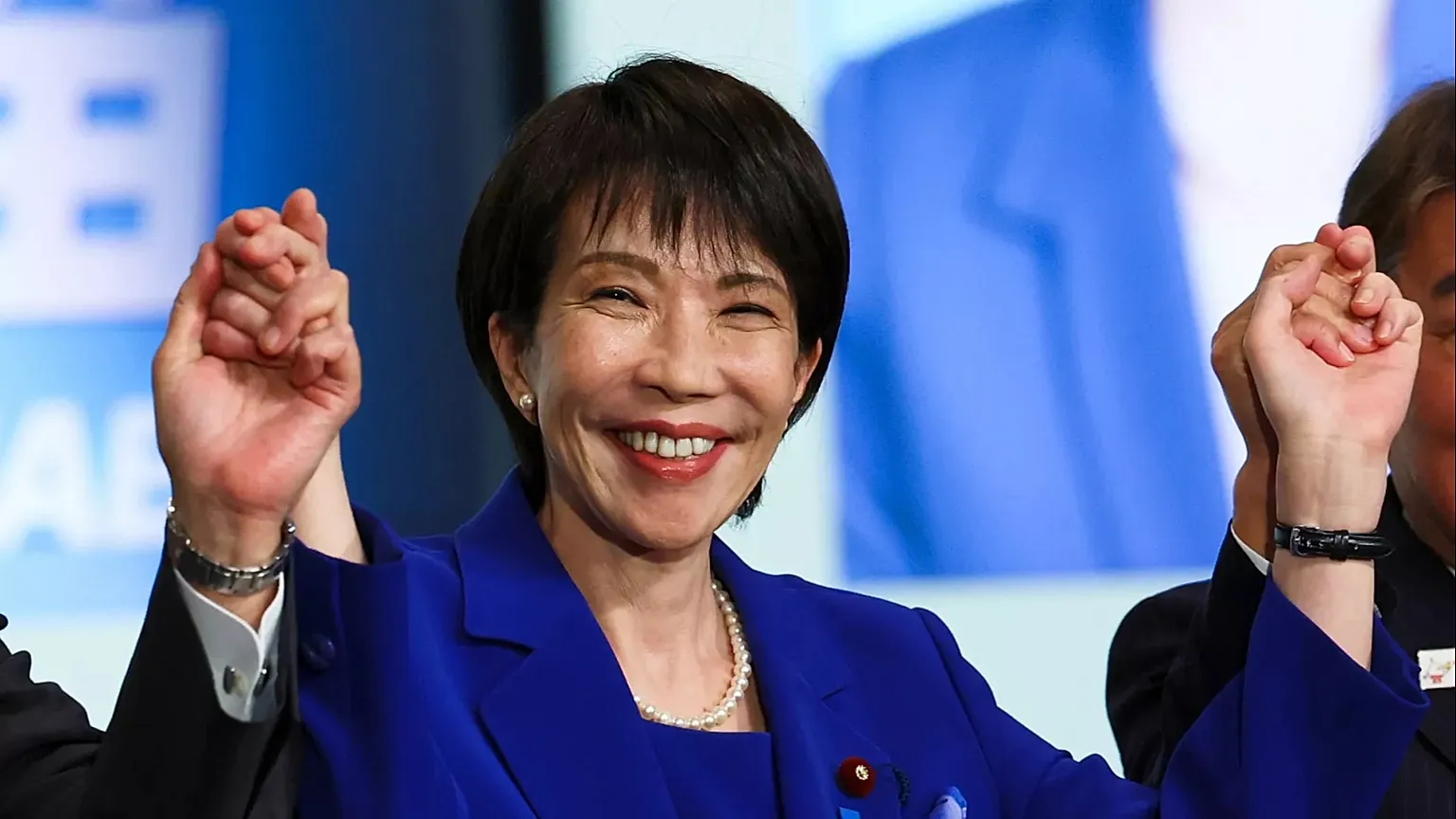
Japan made history on Tuesday as Sanae Takaichi became the nation’s first female prime minister, marking a groundbreaking moment in the country’s political landscape.
Takaichi, a China hawk and social conservative known for her admiration of Margaret Thatcher, secured a narrow victory in the parliamentary vote after striking a last-minute coalition deal.
At 64, she becomes Japan’s fifth leader in as many years, inheriting a politically divided parliament and a demanding agenda — including a high-profile visit from U.S. President Donald Trump next week.
Standing solemnly before lawmakers, Takaichi bowed several times as both houses of parliament confirmed her appointment. She will formally assume office after an audience with the emperor.
A former heavy metal drummer, Takaichi rose to the top of the long-dominant Liberal Democratic Party (LDP) on October 4. Her victory came just days after the Komeito party withdrew from its coalition with the LDP, citing discomfort over her hardline policies and an ongoing party finance scandal.
In response, she swiftly formed a new alliance with the reformist, right-leaning Japan Innovation Party (JIP), finalizing the pact Monday evening.
The JIP’s reform platform includes cutting the consumption tax on food to zero, banning corporate donations, and reducing the number of lawmakers — a set of proposals Takaichi has pledged to support. “I will strengthen Japan’s economy and shape a nation that takes responsibility for its future generations,” she vowed.
In her hometown of Nara, residents expressed both pride and cautious optimism. “She’s a strong-minded person, not because she’s a woman, but because she knows what’s right and wrong,” said 76-year-old Toru Takahashi.
Takaichi also promises to champion women’s representation, vowing to appoint a cabinet with “Nordic levels” of female ministers — a significant shift from the outgoing administration, which had just two women in its ranks. Among the rumored appointees are Satsuki Katayama for finance and Kimi Onoda, a half-American lawmaker, as minister for economic security.
Despite her historic ascent, Takaichi’s conservative views remain polarizing. She supports male-only imperial succession and opposes revising the 19th-century law requiring married couples to share the same surname. However, she has been outspoken about women’s health issues, candidly sharing her experiences with menopause and calling for greater awareness.
Japan ranks 118th out of 148 countries in the World Economic Forum’s 2025 Global Gender Gap Report, with women making up just 15 percent of the lower house. Many hope Takaichi’s leadership will begin to shift those numbers.
“I hope she makes Japan a more livable place for women,” said 39-year-old office worker Keiko Yoshida. Student Nina Terao, 18, agreed: “It would be great to see more policies from a woman’s perspective — better childcare and support for mothers returning to work.”
With her bold entry into office and promise of reform, Sanae Takaichi stands at the threshold of history — a leader tasked with reshaping not just Japan’s politics, but its vision of what leadership can look like.



